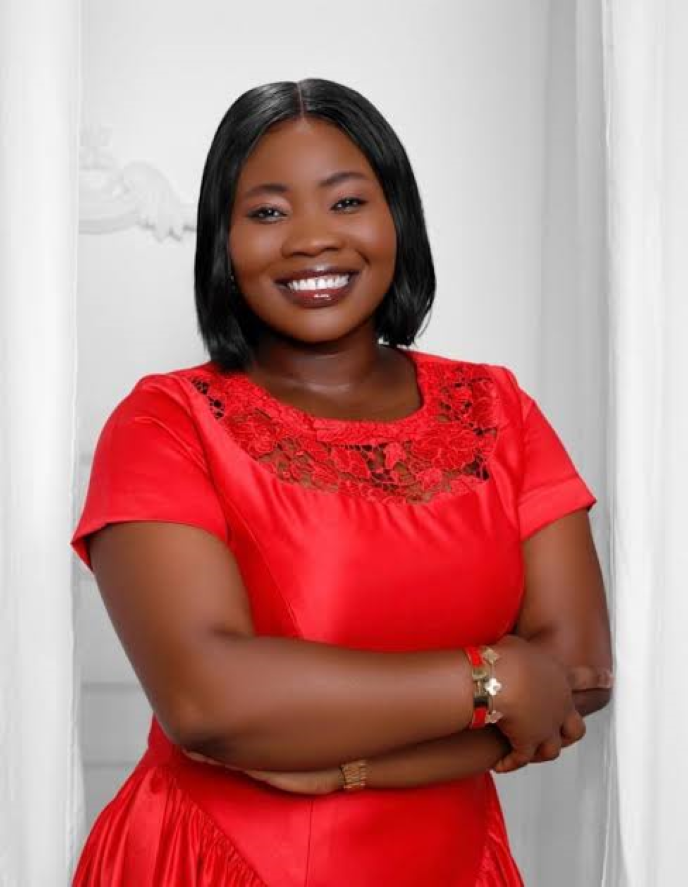Faustina Boamah empowers girls and women in rural Ghana through health education, advocacy, and maternal care services.
Faustina Boamah is a registered senior midwife, women’s health advocate, and founder of the Midwife Fausty Foundation, a nonprofit organisation based in Ghana focused on improving reproductive health outcomes for adolescent girls and pregnant women, especially in rural communities. Born and raised in Atomic Barracks, Accra, Boamah’s passion for midwifery began during her training at the Nursing and Midwifery Training College in Atibie-Kwahu, and was further shaped by her experience at Holy Family Hospital in Nkawkaw. She later earned her Registered Midwife certification from Kwame Nkrumah University of Science and Technology.
In 2023, she launched the Midwife Fausty Foundation with the aim of reducing reproductive mortality, improving health outcomes, and empowering informed decision-making among underserved girls and women. Since then, the foundation has reached over 1,000 adolescent girls and 1,000 pregnant women across seven communities in Ghana. They have distributed more than 1,800 sanitary pads and continue to broaden their outreach through mobile healthcare services, support groups, and educational programmes.
Collaborations and partnerships
The foundation does not operate in isolation. It actively works with partners and donors to sustain and scale its impact. One of its flagship initiatives, the End Period Poverty Project, is carried out in collaboration with Braveconnectgh and Sincerely Pads. This project delivered safe, hygienic menstrual kits to over 1,000 girls in Minya, giving them the dignity and confidence to stay in school.
Education remains central to the foundation’s work. They provide accurate, culturally sensitive information on menstrual hygiene, sexual and reproductive health, and mental wellness. These sessions are held in community spaces where girls and women can speak openly, ask questions without fear, and learn how to take charge of their health.
For pregnant women in remote areas with limited access to clinics, the foundation offers mobile health services to ensure safer pregnancies and deliveries. Besides healthcare and education, they also run mentorship and scholarship programmes, supporting girls to stay in school and pursue their career aspirations without financial hardship or social stigma.
Beyond direct services, Faustina Boamah and her team are striving to reform systems. They advocate for policy changes that enhance reproductive health infrastructure and rights for women and girls in Ghana. Boamah’s efforts have garnered multiple recognitions, including the LIMA Outstanding Female Humanitarian Award, alongside accolades from Sahara Group and Menta Pulse Africa.



